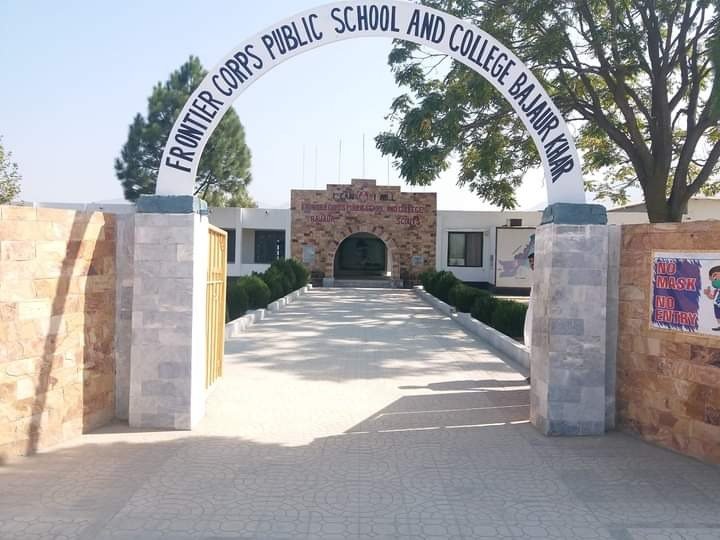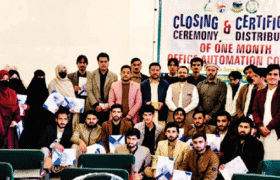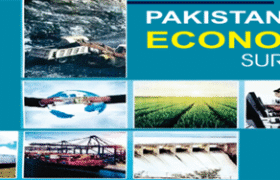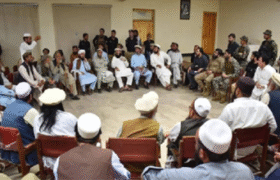Maaz Khan
Bajaur—a strategically significant district of Pakistan’s northwestern Khyber Pakhtunkhwa province—shares a 52-kilometre-long border with war-torn Afghanistan, making it a crucial geopolitical zone. Perhaps this explains why it has long been a hotbed for terrorism, militancy, and socio-political instability.
Once part of the Federally-Administered Tribal Areas (FATA), Bajaur—along with six other tribal agencies and six Frontier Regions (FRs)—was merged into the Khyber Pakhtunkhwa in 2018 following the 25th Constitutional Amendment, aiming to mainstream the tribal belt through administrative reforms.
Nevertheless, the move appears to have backfired, opening a Pandora’s box of new challenges. The region remains vulnerable to extremist ideologies and tendencies, impacting the lives of its approximately 1.3 million residents.
Root Causes of Extremism

Addressing this crisis of extremism and militancy requires a comprehensive approach that identifies root causes, assesses its impact, and devises sustainable solutions to the problem.
One of the most profound victims of decades-long insecurity is Education. The destruction of schools by militants coupled with inadequate government funding, has deprived many children of basic learning opportunities, leaving them vulnerable to extremist ideologies. Although 109 destroyed schools were reconstructed, many still lack essential facilities hampering the quality of education. The scale of the crisis is further reflected in the alarming number of out-of-school children:
Boys: 111,901
Girls: 181,891
With limited industrial and commercial activity, Bajaur offers few employment opportunities, leaving much of the population trapped in poverty and joblessness. This economic deprivation creates fertile grounds for extremist groups, which exploit the financial desperation of vulnerable youth by recruiting them with promises of income and purpose.
The shift from tribal governance under the Pashtunwali code to formal state governance remains unfinished. Weak law enforcement, rampant corruption, and an underdeveloped policing system create a power vacuum, allowing militant groups to operate unchecked.
Besides, many criminals exploit legal loopholes, turning the region into a breeding ground for extremist networks. Bajaur’s strategic location along the Pak-Afghan border further exposes it to foreign militant influence.
Extremist factions exploit religious rhetoric to manipulate and recruit vulnerable individuals, further deepening the crisis.
Years of military operations and terrorist attacks have displaced thousands of families, forcing them to flee their ancestral homes. These internally displaced persons face severe challenges, including inadequate shelter, healthcare, and education. Meanwhile, businesses and markets continue to suffer due to persistent security threats.

Investors remain hesitant to develop Bajaur deepening the region’s economic despair and limiting growth opportunities. At the same time, local journalists face constant intimidation from militant groups and political forces, making it dangerous to report on extremism and militancy. Meanwhile, persistent violence continues to cripple the education sector. Schools remain underfunded and vulnerable to attacks, and both the students and teachers live under constant threat.
Military operations have helped neutralize militants, but their impact remains temporary. Lasting peace demands a comprehensive approach that combines security measures with sustained socio-economic development.
Tribal elders and religious scholars wield significant influence in Bajaur, and their involvement in de-radicalization efforts can be instrumental in countering extremist narratives at the grassroots level.
The local police force requires better training, modern equipment, and a transparent judicial system to combat terrorism effectively. Without proper governance, militants will continue to exploit Bajaur’s vulnerabilities.
Recently, a Bajaur Jirga called for the immediate reopening of three key crossing points Ghakhi Pass, NawaPass and Letaye Pass, on Pak- Afghan border. On 14 December 2024, local political leaders and tribal elders urged Islamabad and Kabul to set aside political disputes and prioritise economic cooperation for the well-being of the region’s people.
FM Radios, Media Can Work Wonders
Radio remains a powerful tool of mass communication in Bajaur, serving as a bridge between communities and authorities. This is why community leaders and activists believe that FM radio stations can effectively raise awareness about security, counterterrorism efforts, and development programmes, fostering informed and resilient communities.
Investing in media outreach can equip local communities with vital information and promote alternative narratives that effectively counter extremism. Media, particularly, FM radio stations and digital media platforms, can serve as powerful tools in counterterrorism efforts by disseminating counter-narratives that challenge militant propaganda and offer messages of peace and resilience.
Equally crucial is community engagement, where tribal elders and religious scholars can play a pivotal role in mediating conflicts and educating youth about the dangers of radicalisation. Simultaneously, youth leadership programmes should be introduced to empower young people and involve them in constructive activities that contribute to long-term peacebuilding.
The Road to Stability
Bajaur’s terrorism crisis is deeply rooted in longstanding socio-economic and governance challenges. Addressing these issues requires a comprehensive, multi-pronged approach that goes far beyond military solutions. At the heart of this strategy should be strengthening the education system by increasing funding for schools and establishing vocational training centres. Such initiatives are crucial to providing youth with viable career paths, reducing their vulnerability to extremist recruitment, and offering hope for a more stable and prosperous future.
Economic initiatives, such as small business support programmes and infrastructure development, can generate employment opportunities. Strengthening law-enforcement agencies through enhanced training, modern equipment, and judicial reforms is essential for ensuring ironclad and effective action against terrorists and extremist elements.
Bajaur’s fight against terrorism is not merely a security issue but a profound socio-economic challenge that demands long-term investment and community-driven solutions. Achieving sustainable progress requires comprehensive reforms in education, economic development, governance, and law enforcement. By prioritizing these critical areas, Bajaur can turn the tide and pave the way for stability and prosperity, empowering its inhabitants to break free from the grip of terrorism and reclaim the future.





